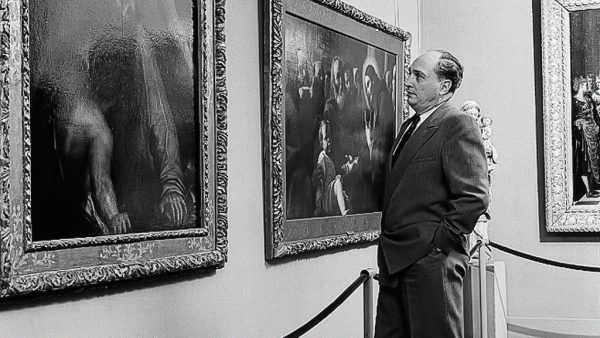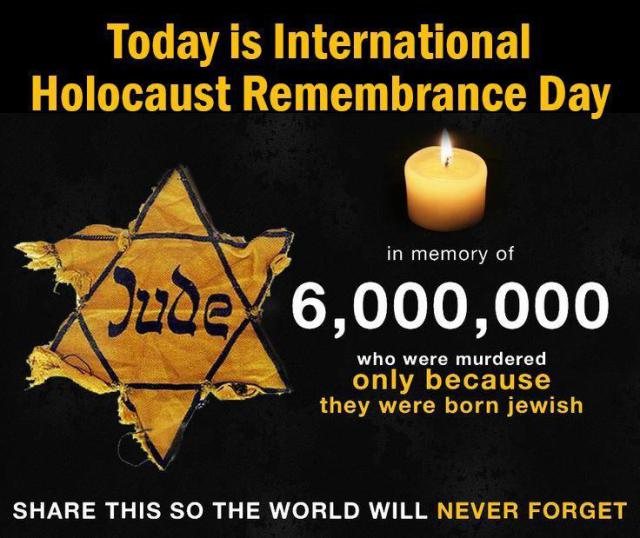

This past year, we lost many survivors, including Dallas Holocaust and Human Rights Museum co-founder and The Dallas Morning News 2019 Texan of the Year Max Glauben. By bravely sharing their stories, they continue to enlighten us and inspire future generations to combat hatred, prejudice, and indifference.

Our Holocaust survivors have modeled what it means to be Upstanders. By understanding our past, we can examine our present with clear eyes and work together to create a strong ethical foundation upon which future generations can build a community of Upstanders. Teaching about people we call Upstanders, those who saw something wrong and worked to make it right, helps us understand the incredible impact individuals can have. But we also teach the history of other genocides and atrocities because this helps us understand that their common denominator is found in the devastating consequences of ordinary people failing to stand up for their rights and the rights of others. The Holocaust is our paradigm of genocide. Teaching about the Holocaust and instilling knowledge of this tragedy in people of all ages is one of the most effective ways to prevent additional prejudice, persecution and genocide. Just as hatred is learned, it can be unlearned. The current surge in antisemitism reminds us that we must remain vigilant against hatred and discrimination in all its forms and that we must act to curtail it before it escalates. In 2021, Texas was the state with the third-most active hate groups in the U.S., according to the Southern Poverty Law Center. We have seen antisemitic rhetoric from high-profile figures with public platforms, and it proliferates on college campuses and across social media. Recent local and global events illustrate the growing scourge of antisemitism, as well as hate crimes against other groups of people. The answer is complex, but mostly, it was possible because of millennia of widely accepted antisemitism. Visitors to our museum ask how this was possible. Despite this, the country joined in the Nazis’ maniacal efforts to exterminate their Jewish neighbors - just 1% of the German population. At the start of the Holocaust, Germany was arguably one of the most cultured nations in the world, known for its scholars, artists, philosophers, scientists and musicians.


 0 kommentar(er)
0 kommentar(er)
